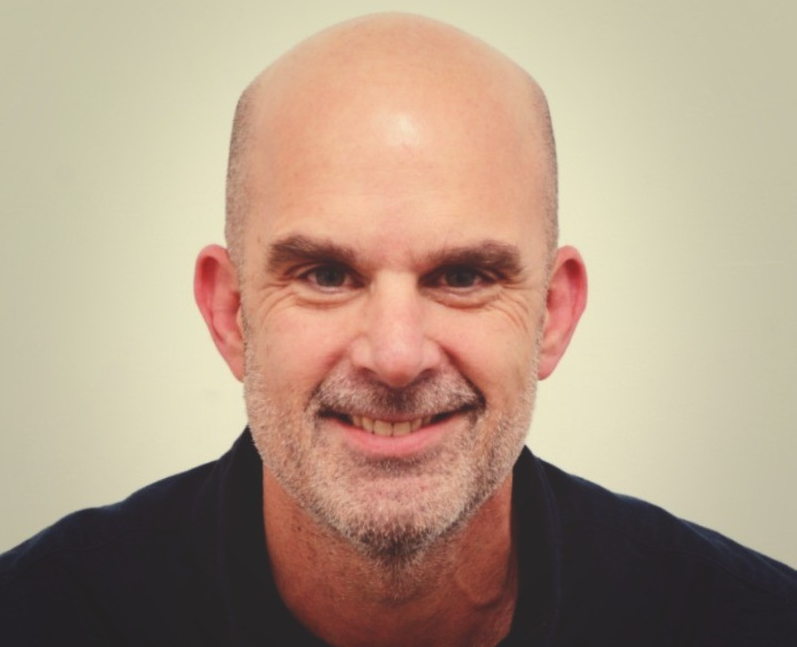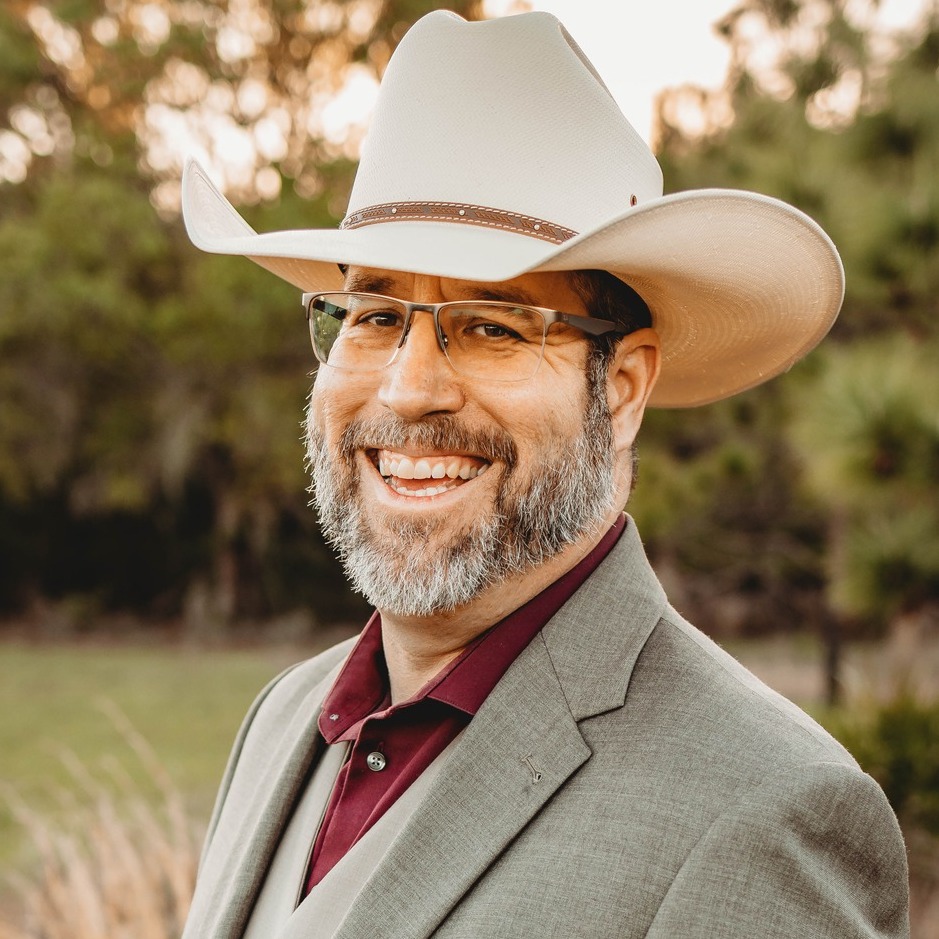 By Kevin MacDonald, Kit Check co-founder and CEO
By Kevin MacDonald, Kit Check co-founder and CEO
Focus is the key to getting something off the ground. When you first start a business, you want it to be as large and far-reaching as possible. However, new businesses are characterized by a scarcity of experience, features, and money. All three are prerequisites to becoming big and broad.
You have to focus to have any hope of getting beyond the starting gates. A well that produces water is better than a broad and shallow muddy ditch. Focus allows you to go deep enough to extract value. I suggest entrepreneurs align their focus in three areas to maximize the opportunity for success: Market, product, and sales.
Market—Go Deep In Understanding the Buyer
Focus on your market. Translation: Identify a specific buyer type. That buyer should have a title, specific function and specific industry and sub industry (for example, directors of pharmacy at acute care hospitals in the United States with over 150 beds). If you’re selling to ‘any c-level exec’ or ‘any CIO,’ that’s not good enough. You should be able to call anyone in that well-defined job title to get a ‘yes’ or ‘no’ to whether or not they want to buy. It’s even better if you can further segment that buyer by personality type. This allows you to treat buyers as the people they are as opposed to the roles they fill.
By focusing deeply on your market, you are able to put all of your iron behind the tip of a single spear, and you can speak to the specific needs of your buyer. It also means you can better test your idea, its viability and the market opportunity more effectively.
Product—Solve One User’s Problem
Too often, people build a product that could be generally useful and bring it to market without focusing on any specific use for it. Although you want to leave your options open over the long run, it’s important to solve a specific problem for your specific buyer. Nobody needs a ‘database’ in the abstract; they only need a database because it is part of an application and part of an overall solution. It’s important to keep that long-range vision in mind, but first produce something someone can buy and use today to address a defined task.
It is fashionable in technology circles to focus on the minimum viable product (MVP) and then build from there based on user feedback. The MVP is the smallest feature footprint that you can provide and still solve a meaningful problem for a user. This ensures you don’t waste a lot of resources on frivolous features that users don’t actually need. Features that get used get enhanced. Those that don’t are dropped.
Along those lines, new customers or prospects often ask for some other related product or feature set to solve a problem they face. Before creating a second product, think about whether or not you would completely scrap your existing product because the opportunity is so much greater pursuing the new idea. If the answer is ‘no,’ and you’re bootstrapping, decline the request. You are too small to be working on multiple products. If you are well funded, it may be the logical progression from a one- to a two-product company, but only if you already have traction on the first product and sufficient funding to establish dominant market share. Otherwise, you risk dividing your resources and limiting your chances of success on either product. Having the discipline to say ‘no’ is hard, but necessary.
Sales–Sell Low
If you’re focusing well on your market and product, you should aim as low as you can in the organization to close a deal. This runs counter to the conventional wisdom of sell high. The logic goes that your project will get killed by senior management if they aren’t already onboard. They have the budget and can push solutions down to the organization. I used to live by this rule and at the time it was probably right. Back then, decision-making was more centralized and purchases were for big solutions with big budgets. The world has changed.
Make sure you focus your sales on the person facing the crisis. These are the people that will make time for you, now. They will actively champion your product internally, and educate you on how to best solve the problem and close the deal. Also, they will often refer you to peers in other organizations that represent new sales opportunities. If your buyer can focus on you, you’re more likely to succeed.
Due to several factors, purchase and operating decisions are more decentralized than ever before. The user may just be the buyer with the authority to purchase. In a world where the Cloud is growing rapidly and sophisticated services are inexpensive, it’s no surprise that selling low has never been more effective.
If you are forced to always talk to the CEO of Fortune 500 companies, it’s going to be difficult to get a lot of early traction. Most CEOs that I know are extremely busy. If you cannot make it onto the list of the CEO’s top five annual objectives, you will not get immediate or sustained attention. Most solutions cannot be a top five CEO priority. No matter how great your solution, it is not likely to be a crisis for the CEO. Besides, few CEOs have the inclination to force a solution on users. Go to the top when you need to, but see if you can sell low and watch how sales cycles shorten and become more predictable.
Hard Choices—A Path To Success
It is hard to focus. It is also hard to maintain focus when great opportunities seem to spring from nowhere. Resist the impulse. Make hard choices. When starting a company, many things are possible and it can be difficult to forgo some while seemingly betting it all on others. By focusing, you won’t be spreading your resources so thin that they have no impact. You would be surprised at how far small measures of resources can go when they are concentrated on a single task.
In sum, it’s not sufficient to just focus on one parameter, such as buyer or product. You must make the decision to focus on specific buyers in specific markets, and only provide specific features to the people who will buy, use, and benefit from the solution. Forgoing opportunities by narrowing focus seems like it increases risk. Evidence suggests the opposite is true. Concentrating resources more narrowly actually reduces risk, and more importantly, paves a path to success.
# # #
Kevin MacDonald co-founded Kit Check in 2012, and the company was named to Rock Health’s fourth class of startups the same year. Since then, Kit Check has grown its customers to nearly 100 hospitals, including University of Maryland Medical Center and NYU Langone. Kevin is a graduate of Villanova University with a degree in computer science.










